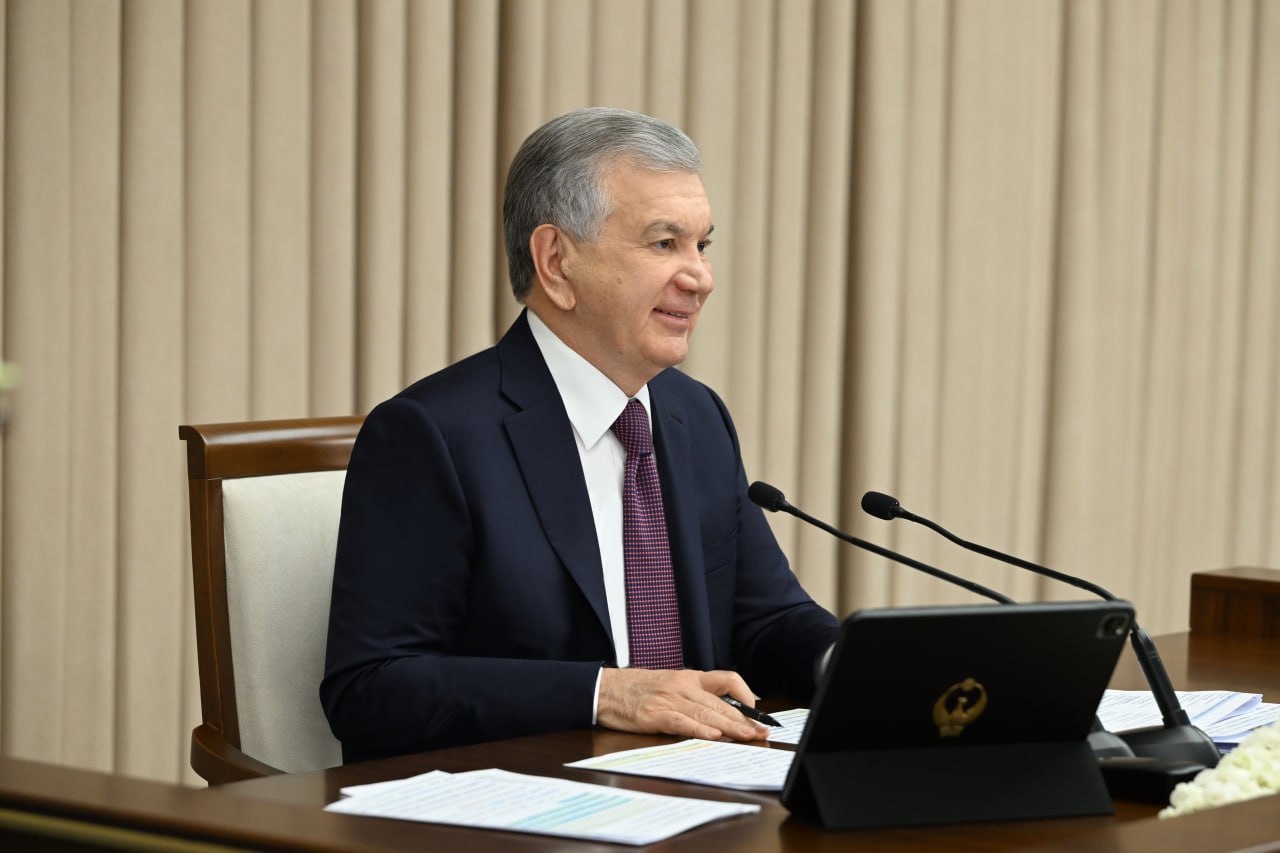TASHKENT, Uzbekistan, October 21. Uzbekistan has established a legal framework for artificial intelligence (AI), and over 30 pilot projects have already been launched in public services, banking and finance, public safety, and transportation, Trend reports, citing the Uzbek president's office.
This was announced during a video conference chaired by President Shavkat Mirziyoyev on October 21, focused on accelerating the adoption of AI technologies across public administration, key economic sectors, and regions of the country.
Last year, Uzbekistan also approved its AI Development Strategy through 2030 and established a specialized center under the Ministry of Digital Technologies. As a result, the country rose 17 positions in the global AI Readiness Index within a year, ranking first in Central Asia.
Now, deputy ministers and heads of key sectors responsible for digitalization will also be accountable for AI development.
Foreign experts estimate that Uzbekistan’s AI sector has a potential value of around $10 billion. To turn this potential into tangible opportunities and secure a competitive position amid growing global demand, special attention is being given to three key areas: infrastructure, open data, and workforce development.
A total of 100 AI-based projects are planned across healthcare, energy, banking and finance, tax and customs administration, transportation, mining, and agriculture. Successful implementation requires modern computing power and supercomputers; however, current resources only allow for smaller-scale projects.
In this context, the government emphasized the need to expand modern supercomputer clusters and data centers. This year, $50 million has been allocated for the acquisition of 16 supercomputers, with the budget set to double next year.
To encourage investment in the sector, a preferential regime is being introduced in the Republic of Karakalpakstan. Investors contributing over $100 million to AI infrastructure will benefit from an electricity tariff of five cents, IT park incentives, and exemptions from customs duties on imported equipment.
Additionally, starting next year, satellite internet operators will provide high-speed connectivity to remote regions. They will be exempt for five years from land, property, income, and value-added taxes.
Stay up-to-date with more news on Trend News Agency's WhatsApp channel







